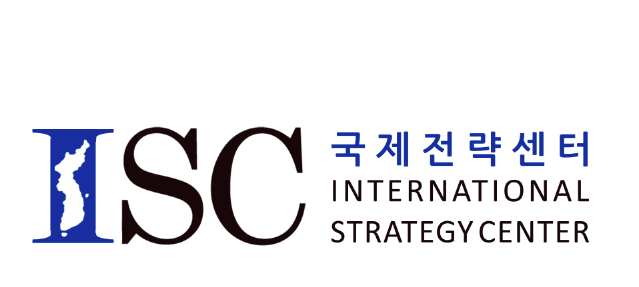The Scandal Through the Lens of Foreign Media
Korea has been experiencing the biggest political scandal since it first became independent from Japan. Even though this Korean domestic political scandal has not been perceived as having a big influence on international politics or economics, it has had wide foreign media coverage. The ISC monitored English, French, and Japanese news to examine their coverage. We monitored the following major news websites: The Washington Post, The New York Times, and The Guardian for English language coverage; Le Monde for French language coverage; Asahi Shimbun, Yahoo and Sankei News for Japanese language coverage. First of all, the number of reports that covered the scandal increased since October 24 when the first report about the Choi Soon-sil case was aired by JTBC, a cable TV network and broadcasting company whose largest shareholder is JoongAng Newspaper. After that, the foreign media has been reporting the moves of the prosecutor, the government and citizens. In early November, most of the news was about the government’s announcement that the president would answer the prosecutor's’ questions and the arrest of Choi Soon-sil on charges of fraud, coercion and abuse of power.
As the nationwide rallies have grown bigger and bigger, the news coverage has started to address them in articles, photos, and on the ground interviews. Other aspects of the story have also been published. For example, one story examines how President Park Geun-hye’s thinking is still stuck in the 1970s when she learned her father’s governance style of coalition between business and politics There was also an article concerned about the scandal’s negative impact on the status of women in Korea, and another about the involvement of conglomerates (such as Samsung and Hyundai) in the scandal and another about how foreign officials in Korea were paying attention to the scandal.
Even though the news coverage increased and expanded into related issues, it is hard to find articles that analyze the current scandal in a socio-politico-historical context. In other words, there is no explanation for how the citizens’ anger has been accumulated from the start of Park’s administration; how the rallies are dynamic as the people’s consciousness has developed; how active organizing is happening in different sectors such as students, workers, and women; or of efforts to combat gender discrimination in the rallies.
That is why the International Strategy Center thought it important to explore the aforementioned aspects of the current political scandal. The ISC joined all the major rallies in November, interviewed participants and organizers, and analyzed the significance of the current issue. I hope the ISC’s coverage can fill in the missing pieces in the foreign media coverage.

